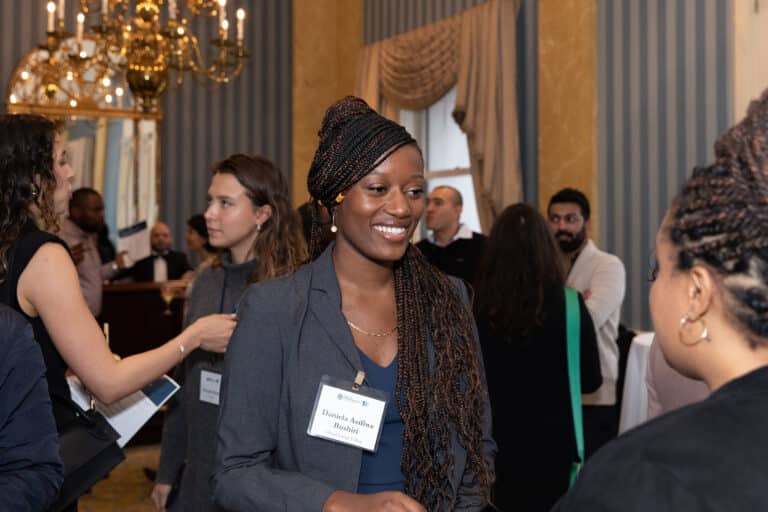We stand at the cusp of a transformative moment in rural and last-mile productive-use electrification, where a coordinated approach to grid and off-grid planning and investment has the potential to unlock new public-private partnerships that can dramatically bend the curve on ending energy poverty. The purpose of the Global Commission to End Energy Poverty (GCEEP) is to forge an actionable consensus among leading investors, utilities, and policymakers that lays out a viable pathway for providing electricity services to hundreds of millions of under-served homes and businesses more quickly and more cost-effectively than the current trajectory.
The Commission comprises high-ranking representatives from the energy sectors of several African and Asian countries, along with investors, multilateral development banks, academics, and the leaders of utilities, and off-grid firms. It will operate under the joint chairmanship of The Rockefeller Foundation President Dr. Rajiv J. Shah; former U.S. Secretary of Energy Ernest J. Moniz, special advisor to the MIT President and the Cecil and Ida Green Professor of Physics and Engineering Systems emeritus at MIT; and Africa Development Bank President Akinwumi Adisina. They will oversee the work of a research team led by MIT Energy Initiative Deputy Director Robert Stoner—who will also serve as the secretary of the Commission—and MIT visiting professor Ignacio Perez-Arriaga.
The Center on Global Energy Policy is represented on the commission by Senior Fellow John MacWilliams.
More News
Empowering Change as a Global Energy Fellow
Daniela Bushiri, a chemical engineer pursuing her PhD at Columbia University, is on a mission to drive sustainable solutions in our evolving energy landscape. With a background in...

Reflections from Climate Week 2024
During Climate Week, CGEP hosted a dozen events that brought together diverse stakeholders on critical energy and climate-related priorities.

CGEP Announces Dr. Catie Hausman and Dr. Tony Reames to Serve As Fall 2024 Visiting Faculty
The Center on Global Energy Policy (CGEP) at Columbia University SIPA today announced that Dr. Catie Hausman and Dr. Tony Reames will serve as Visiting Faculty during the 2024 fall semester.

Report on forced labor, child labor raises tough questions in green energy transition
A new report from the Department of Labor raises tough questions about whether and to what extent forced labor and child labor are intertwined with climate-friendly technology.
Relevant
Publications

Insights from the US and India for Electricity Open Access in Kenya and South Africa
Kenya and South Africa have recently started moving toward an open access regime in their electricity sectors, while the US and India have been on this path for over two decades.

U.S. State Actions to Help Fossil Fuel Communities Navigate the Energy Transition
The world has committed to transitioning away from fossil fuels to avoid the most severe threats of climate change.[1] Communities across the United States rely on fossil fuel...



